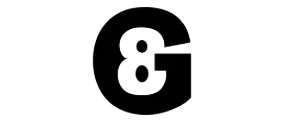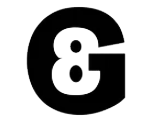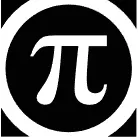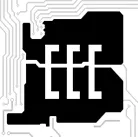The Internet has revolutionized the way we interact, educate ourselves, and organize societal structures. However, as we stand at a crucial juncture in the evolution of the web, the Internet’s role could veer in two opposing directions. It could emerge as a primary tool for societal, knowledge, online gambling games like Aviator, and cultural enhancement, or morph into a totalitarian instrument for surveillance and control. This dichotomy is fuelled by the actions of various global governments, corporations, and politicians who are striving to regulate the Internet in the name of an outdated copyright regime or under the guise of “cyber-terrorism”. This paper scrutinizes these issues, with an emphasis on the initiatives of French President Nicolas Sarkozy.
They are with us
The Internet has transformed into a universal platform where individuals can express their ideas, create content, educate themselves, and organize events or movements. This powerful tool has democratized access to information, enabling it to be an instrument for societal improvement, knowledge expansion, and cultural enhancement. However, this potential utopian vision of the Internet is being overshadowed by a dystopian one, where the Internet transforms into a tool of surveillance, censorship, and control.
How many E-commerce sites are there in the world?
How many Google searches in a day?
How much time a day do we spend on the internet?
The Internet: A Double-Edged Sword
The duality of the Internet stems from its inherent characteristics. It enables freedom of expression and connects individuals worldwide, but also exposes societies to risks like data breaches, misinformation, and cyberattacks. Governments worldwide are exploiting these risks to justify stringent control and censorship over the Internet, often under the pretext of copyright infringement or cyber-terrorism.
The Evolution of Governmental Control
Over the past 15 years, governments worldwide have waged a relentless battle against the sharing of culture in the name of an antiquated copyright regime. The Egyptian Internet black-out, the US government’s reaction to Wikileaks, the adoption of website blocking mechanisms in Europe, and the proposed plans for “Internet kill switches” stand testament to this growing control. Unsettled by the Internet’s potential, corporations and politicians have joined forces to curb this free flow of information.
The Sarkozy Paradigm
France’s president Nicolas Sarkozy is an exemplar of this trend towards increasing centralized control. He has called for a summit to establish a “civilized Internet”, a concept eerily borrowed from the Chinese government known for its censorship policies. Masked under fears of “cyber-terrorism”, Sarkozy’s objective seems to push for exceptional rules to establish Internet censorship, undermining free speech and other civil liberties. Under his rule, France has witnessed the disconnection of citizens from the Internet and the censorship of online content.
Packaging Policy under the Guise of Democracy and Responsibility
These restrictive policies are often framed under the guise of democracy and responsibility. However, the actions suggest otherwise. The Internet, designed to foster universal expression, is being increasingly dominated by those in power. This disparity raises concerns about the true purpose of these policies, which could be veiled attempts to convert the Internet into an instrument of control.
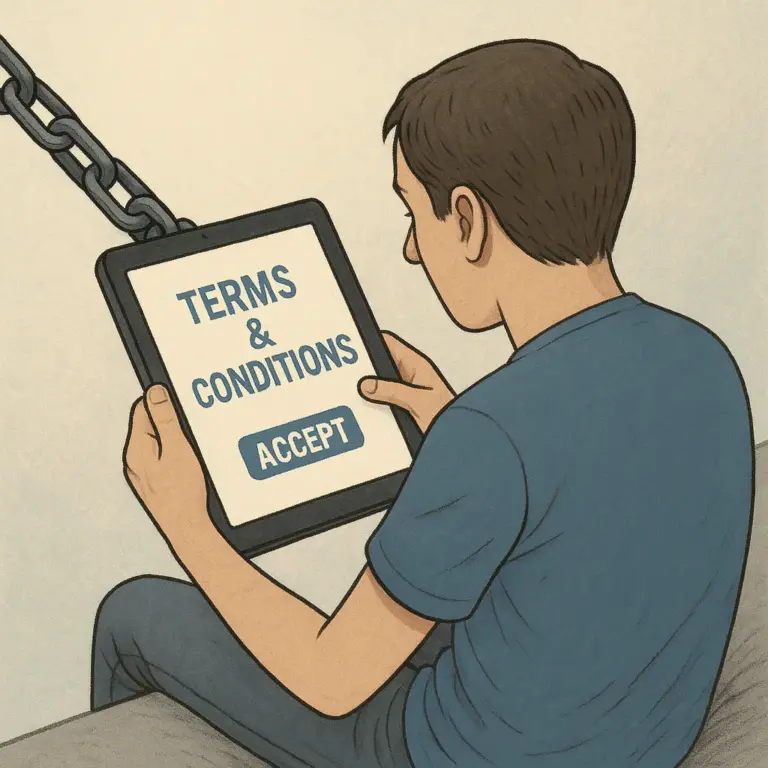
HumanCentiPad and the Illusion of Choice in the Digital Age
In 2011, South Park aired an episode titled “HumancentiPad”, a grotesque parody of Apple’s terms and conditions fused with horror film absurdity. What seemed like satire back then now echoes reality in unnerving detail. We’re deep into an era where people click “I agree” without reading, where platforms shape our behavior, and where digital autonomy…
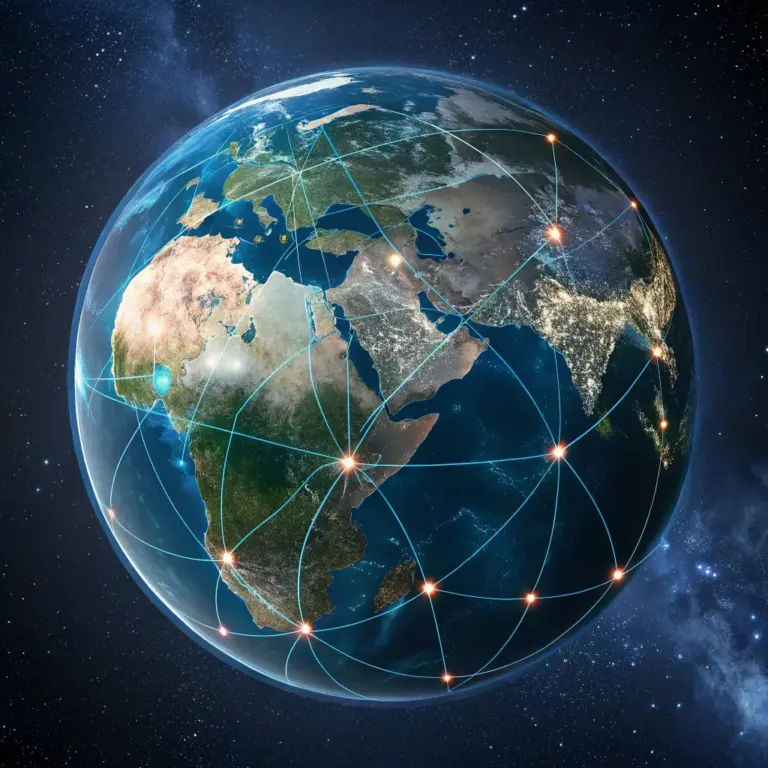
Internet for All: A Global Public Good Initiative at the UN 2025
Protecting the Future of an Open and Free Internet In 2025, the United Nations launched a groundbreaking initiative: recognizing the Internet as a global public good. Backed by a coalition of countries across continents, this movement addresses growing concerns over monopolization, restricted access, and censorship in the digital space. Why This Matters The Internet was…

Spribe and Aviator: Independent Innovation in the Digital Space
Challenging Big Tech, one honest game at a time. While tech giants dominate digital platforms, independent studios like Spribe are reshaping the landscape — proving that transparency, fairness, and user choice can thrive without corporate interference. Who Is Spribe? Spribe is an independent digital game studio known for building products that prioritize: Their flagship title,…

Defending Digital Freedom: Europe’s New Battle in 2025
At G8 Internet, we stand firm for a free and open online world.In 2025, the European Union introduced the Disinformation Action Act, a law designed to counter false information online. While the aim is public protection, major rights organizations warn: the law could seriously limit freedom of expression and harm digital democracy. What’s Changing in…
